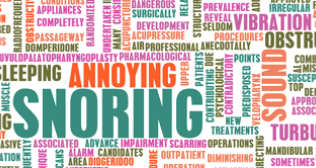
Hoarseness Or Change In Voice

What is Hoarseness? Hoarseness means a change in the sound of someone’s voice.  People suffering from hoarseness can experience a strained, husky or breathy voice. What causes Hoarseness? Normally when we talk the vocal cords vibrate.  This creates a sound which we know as the voice. Hoarseness results from the vocal cords in the voice box not working properly. Common causes are: A simple, causing the voice box lining to swell (Laryngitis) Stomach acid/enzymes irritating the throat (Laryngopharyngeal reflux) A build-up of soft tissue(polyps) or thickenings(nodules)on the vocal cords. These can develop when the voice is used too much or too loudly for long periods of time (Singer’s Nodules). Vocal cord polyps are often related to smoking.
- Rarely a growth or tumour develops on the vocal cords and or voice box. These may be non-cancerous (benign) or cancerous (malignant).
- Problems with movement of the vocal cords(paralysed vocal cords). One or both of the vocal cords may be paralysed if it’s nerve is affected by infection or tumour.
What will the ENT surgeon do? The surgeon will examine the throat to help identify the cause of the hoarseness. This is done by passing a flexible telescope through the nose (Fibreoptic Endoscope). This examination is done at the time of your out-patient visit and does not require hospital admission. Treatment of hoarseness may involve  certain medications, voice rest or speech therapy depending upon the cause.



















